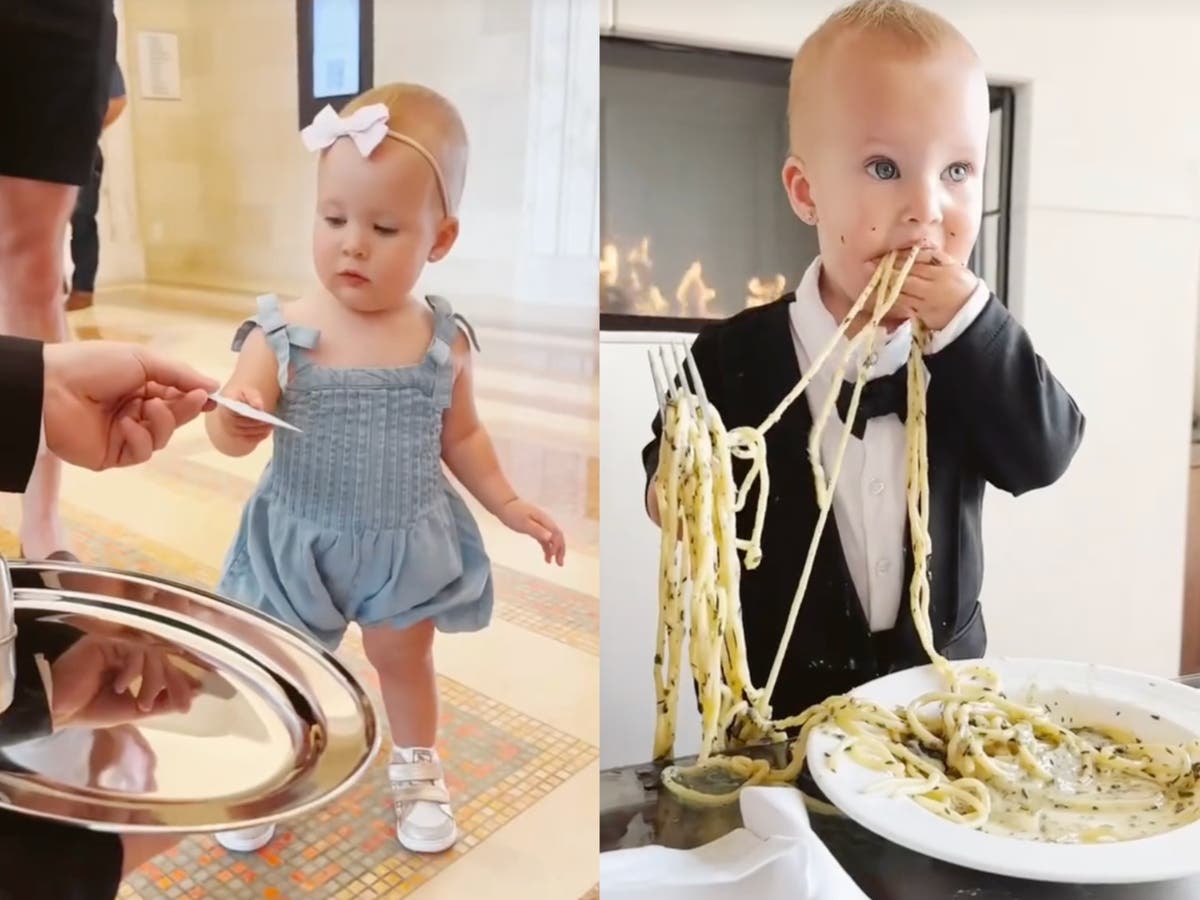During their childhood, children from dysfunctional families are forced to accept negative treatment. (Representative image)
Typically, a dysfunctional family is characterized by conflict, misconduct, and abuse.
In an ideal world, each person lives in a perfect family with a wonderful childhood and an emotionally healthy life. Unfortunately, that is not the case in reality. There are many people in the world who have grown up in dysfunctional families. Typically, a dysfunctional family is characterized by conflict, misconduct, and abuse. Childhood is believed to play an integral role in the formation of personality. During their childhood, children from dysfunctional families are forced to accept negative treatment. There is no open space to freely express your thoughts and feelings.
Here are some principles that dysfunctional families respect:
Struggling to regulate emotions
People who spent their childhood in dysfunctional families have difficulty expressing their feelings and emotions. Typically, emotionally immature or abusive parents tend to discourage their children from expressing themselves. This makes them repress their emotions and find it difficult to express them. As a result, it is extremely important to learn the skill of emotional regulation.
Not being able to navigate the conflict
There are many people who find it difficult to avoid a conflictive situation. This mainly happens when they grow up with reactive parents. If parents were to react with anger or remain absent during a conflict, this would force the child to think that the conflict is unsafe. As a result, they would always try to run away from it or find it difficult to handle a difficult situation.
Striving for perfection
Those born in dysfunctional families tend to develop the habit of having perfection. A child who has had an emotionally abused childhood has been denied love, care and concern. These children try to accept all kinds of blame. They try to control their situation and achieve perfection in every situation.
Continuous blame game
Dysfunctional families tend to develop the ability to blame. This leads to people finding fault in themselves or others. This can develop a constant feeling of guilt, shame and resentment among children.
Constant criticism
In dysfunctional families, there may be excessive amounts of negative criticism and judgment among family members. This can seriously affect a person's confidence and create a toxic environment in the family.












